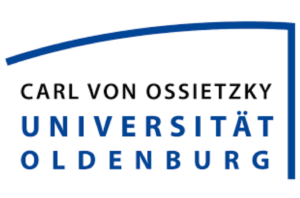Digital transformation in German higher education: student and teacher perceptions and usage of digital media
 Digitalization in Higher Education (HE) institutions is an issue that concerns many educational stakeholders. ICT skills are becoming increasingly relevant in every context, especially in the workplace, therefore one of the prime objectives for universities has become preparing future professionals to be able to deal with problems and search for solutions, including digital competence as a vital skill set. Different policies, initiatives and strategies are currently being proposed in Germany, addressing educational technology innovations in HE. The University of Oldenburg is presented as an example, in an endeavour to gain an understanding of what is being proposed and what is actually happening in teaching and learning in German university classrooms. Two datasets were examined regarding the use and perceptions of students (n = 200) and teachers (n = 381) on the use of digital tools. Findings reveal that both teachers and students use a limited number of digital technology for predominantly assimilative tasks, with the Learning Management System being perceived as the most useful tool. In order to support the broader use of educational technology for teaching and learning purposes, strategies for HE institutions are suggested.
Digitalization in Higher Education (HE) institutions is an issue that concerns many educational stakeholders. ICT skills are becoming increasingly relevant in every context, especially in the workplace, therefore one of the prime objectives for universities has become preparing future professionals to be able to deal with problems and search for solutions, including digital competence as a vital skill set. Different policies, initiatives and strategies are currently being proposed in Germany, addressing educational technology innovations in HE. The University of Oldenburg is presented as an example, in an endeavour to gain an understanding of what is being proposed and what is actually happening in teaching and learning in German university classrooms. Two datasets were examined regarding the use and perceptions of students (n = 200) and teachers (n = 381) on the use of digital tools. Findings reveal that both teachers and students use a limited number of digital technology for predominantly assimilative tasks, with the Learning Management System being perceived as the most useful tool. In order to support the broader use of educational technology for teaching and learning purposes, strategies for HE institutions are suggested.
International Journal of Educational Technology in Higher Education







